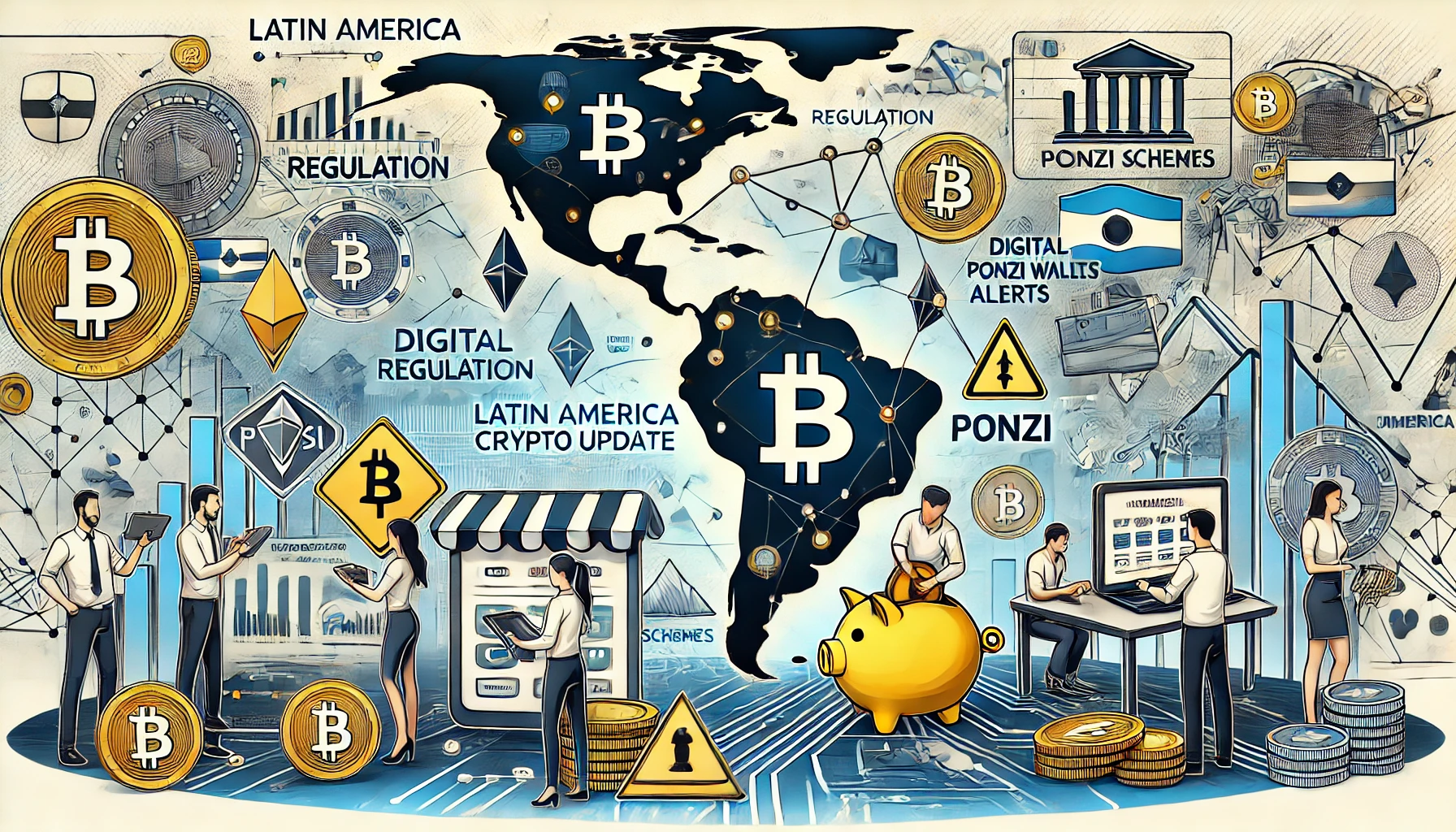A divisive comment from a well-known Democrat shook the political and financial spheres once more in early 2025. Reiterating one of the most contentious arguments in modern finance, Nobel Prize-winning economist and Democratic advocate Paul Krugman openly said Bitcoin to be a “Ponzi scheme.” This comment emerged in a politically sensitive environment as former President Donald Trump strengthened his advocacy of Bitcoin especially. Krugman’s criticism highlights serious questions regarding the stability, goal, and long-term worth of Bitcoin as the worldwide financial system keeps adjusting to digital assets. The main points of this continuous argument are dissected in this paper.
Ponzi Scheme Alert of Paul Krugman on Bitcoin
Paul Krugman publicly called Bitcoin a Ponzi scheme in 2025, hence intensifying his long-standing doubts regarding cryptocurrencies. He maintained that Bitcoin’s price fits the description of a financial trap depending on ever-increasing investor involvement since it lacks intrinsic value and fails to be a useful medium of trade. According to Krugman, the price of the cryptocurrency is maintained not by its economic value but more by the hope that fresh buyers will keep going.
This pattern, he said, reflects how traditional Ponzi schemes work—early participants gain only if subsequent members join the system. Given the increasing attraction of erratic digital assets with aspirations of fortune and little knowledge of the risks involved, his warning is especially strong in this day of retail investors.
Democrats Wary, Republicans Accept Partisan Divide
Furthermore illuminating a growing political divide on bitcoin policy is Krugman’s comment. While Republican leaders have embraced Bitcoin as a symbol of financial independence and technical advancement, many Democrats remain quite negative. For them, cryptocurrencies constitute a mostly unbridled and maybe unstable part of the economy. The Democrat criticism usually centers on the dangers of environmental issues related to Bitcoin mining, market manipulation, and fraud.
Republicans, meantime, see Bitcoin acceptance as a defense against centralized banking and government excess. Given that crypto is increasingly a mainstream political topic during election cycles, this partisan difference could have a major impact on next legislation.
Can Governments Keep Up with Digital Currency?
The idea that Bitcoin might be a Ponzi scheme begs important issues regarding the laws—or lack thereof—around cryptocurrencies. Globally, authorities have battled to match the explosive growth of digital assets. Many times, traditional financial rules conflict with distributed technologies, leaving openings that undesirable actors can use. Based on Krugman’s assessment, more thorough control—especially in relation to safeguarding inexperienced investors—is clearly needed.

Still, given the global character of cryptocurrencies, implementing such control is difficult. Furthermore, political deadlock usually stops coherent policy initiatives. Today, governments have the difficult chore of creating regulations that strike a mix between systematic risk control and creativity with regard for consumer protection.
Vulnerability of Investor Financial Risk and Public Opinion
Furthermore influencing how regular investors view Bitcoin is Krugman’s vocal criticism. When compared to a Ponzi scheme, it gives a market sometimes driven by enthusiasm and optimism some anxiety and caution. Many retail investors, who could have joined the market without fully appreciating the risks, can find such a comparison shocking.
It calls for a review of investing strategy and draws attention to the risks associated with nonregulated financial products unlike conventional securities. Financial advisers and institutions might grow more reluctant to suggest Bitcoin as part of a balanced portfolio as more powerful voices challenge its validity. The influence on reputation can spread over the whole cryptocurrency industry.
The fate of Bitcoin and its detractor
Bitcoin stays at a crossroads between revolution and denial as 2025 unfolds. Though its timing, amid political endorsements and regulatory uncertainty, Paul Krugman’s comment may not be fresh in essence but fuels an already explosive debate. The future of Bitcoin currently rests on public reaction to both its advantages and drawbacks as well as government and market behavior. Will tighter rules develop and will they stifle crisis or suffocate creativity?
Will political endorsements turn it into a partisan flashpoint or provide it general credibility? These are the questions guiding the upcoming phase of Cryptocurrency Market. Whether Krugman is correct or wrong, his remarks guarantee that Bitcoin will always be a major player in economic discussions going forward.



